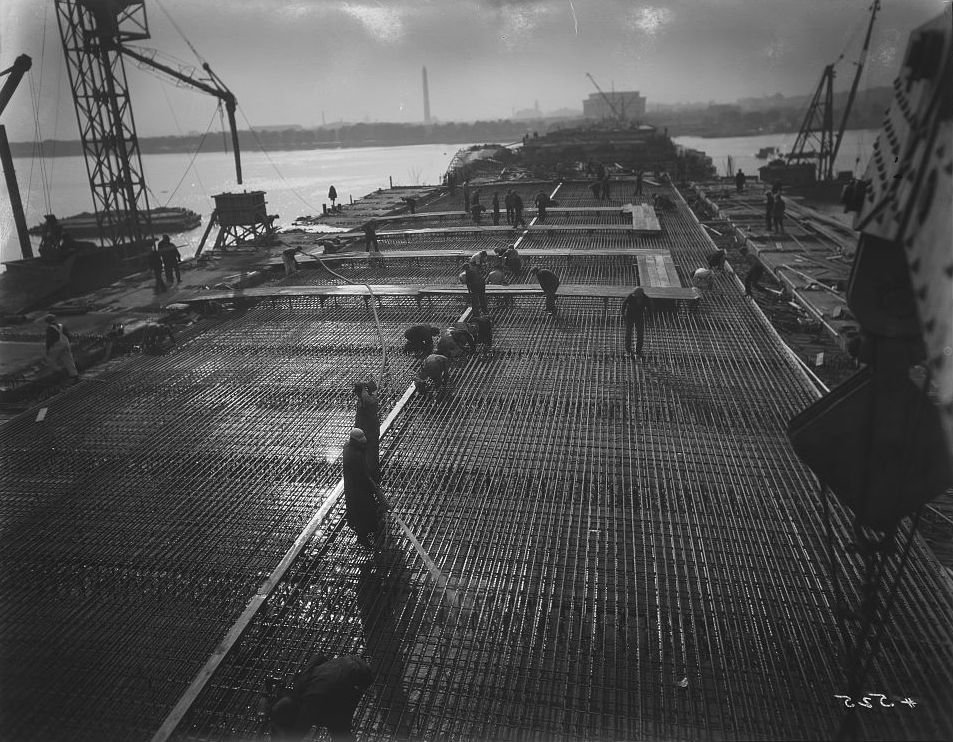
Infrastructure Is Remaking Geopolitics
Foreign Affairs, May 2024
In "Infrastructure Is Remaking Geopolitics," Bridges argues that infrastructure is now the organizing principle of 21st-century geopolitics. Nations compete to control the interconnected networks that deliver services essential to societies' operation, but traditional state-centric geopolitics do not account for the complexity of a world shaped by corporations, standards bodies, and other non-state actors.
Policymakers must adapt their thinking to account for the material and technological networks underlying modern conflicts and develop new governance strategies to navigate the opportunities and vulnerabilities of this infrastructure age. Embracing these realities is crucial to shaping the future global order.

The Infrastructural Turn
in Historical Scholarship
ABSTRACT || This essay argues that historical scholarship has taken an infrastructural turn in recent years. “Infrastructure” serves not just as a popular keyword in monographs and journal articles; it reflects a new approach to research that has permeated the field. An infrastructural approach offers a frame- work for historians to understand the power of traditional structures like the state and the economy in ways that accommodate transnational interconnections, technology, and the stubborn materiality of the phenomena under study. This essay analyzes why scholars have embraced the term recently, and it outlines the basic components of an infrastructural orientation. It concludes by considering the blind spots of an infrastructural approach, as well as directions for future scholarship.
Published in Modern American History, March 2023